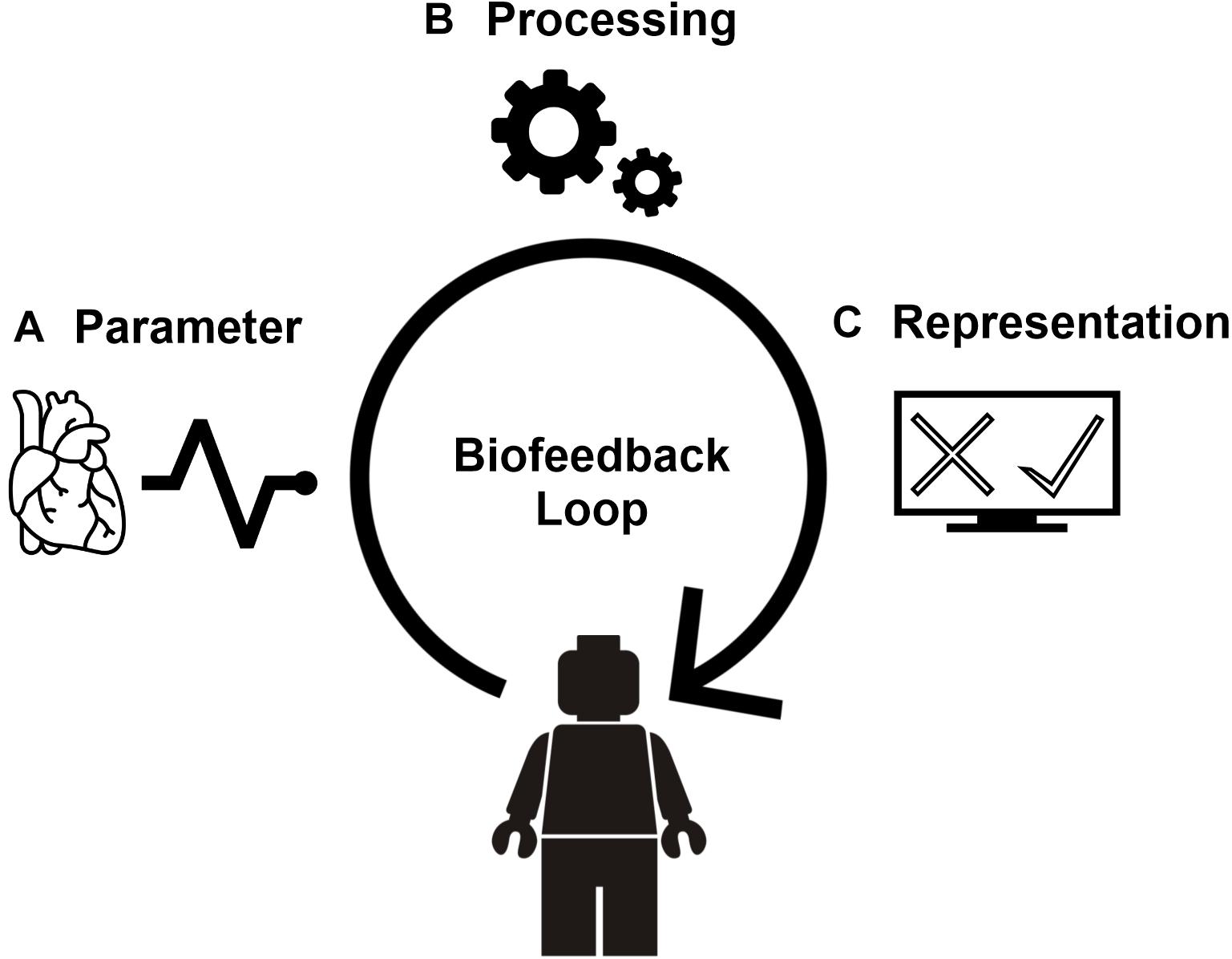Investigating How Sleep Ailments Disrupt Neural Oscillation Activity and Impact Cognitive Performance
Investigating How Sleep Ailments Disrupt Neural Oscillation Activity and Impact Cognitive Performance
Blog Article
Sleep is an crucial part of our everyday lives, enabling our bodies and minds to repose and rejuvenate. However, many individuals experience from sleep disorders, which can considerably disturb sleep patterns. These disorders can lead to multiple issues, including changes in brainwave activity. Neural waves are electronic impulses in the mind that indicate our mental state and function. When slumber is interrupted, the normal patterns of brainwaves can be impacted, leading to problems with mental function, such as memory, attention, and decision-making.
There are several types of slumber disorders, including sleeplessness, slumber apnea, and restless leg syndrome. Sleeplessness is characterized by trouble falling or staying asleep, while slumber apnea involves pauses in breathing during slumber. Unsettled leg syndrome causes discomforting sensations in the limbs, leading to an compelling urge to shift them. Each of these disorders can disrupt the normal slumber cycle, which consists of various stages, including light sleep, deep sleep, and REM (rapid eye movement) slumber. Each stage plays a vital role in preserving overall cognitive health and performance.
When slumber disorders disturb with these stages, neural wave activity can become irregular. For instance, during deep sleep, the brain generates slow delta waves, which are important for bodily restoration and memory consolidation. If a individual experiences repeated awakenings or does not attain deep sleep, the generation of these delta waves is diminished. This can result to difficulties in learning new knowledge and retaining memories. Additionally, REM sleep, which is associated with fantasizing and affective processing, is also affected. Interruptions in REM sleep can result to issues with emotional regulation and inventiveness.
The effect of sleep disorders on mental function is substantial. Research has shown that individuals with slumber disorders often experience difficulties with focus and concentration. This can affect their capability at educational institutions or work, making it difficult to finish tasks or participate in discussions. Furthermore, chronic slumber deprivation can result to mood changes, increased stress, and even nervousness or depression. These cognitive and affective challenges can create a vicious cycle, where poor sleep leads to mental difficulties, which in turn can result to more sleep problems.
Addressing slumber disorders is crucial for enhancing brainwave activity and cognitive function. Therapeutic options may encompass habitual changes, such as establishing a regular sleep schedule, establishing go right here a cozy sleep environment, and practicing relaxation techniques. In some cases, clinical intervention may be required, such as employing a CPAP machine for slumber apnea or pharmaceuticals for insomnia. By prioritizing sleep and pursuing appropriate care, individuals can enhance their overall mental abilities and improve their quality of life. Understanding the connection between slumber disorders, neural wave activity, and mental function is an important step toward better health and well-being.